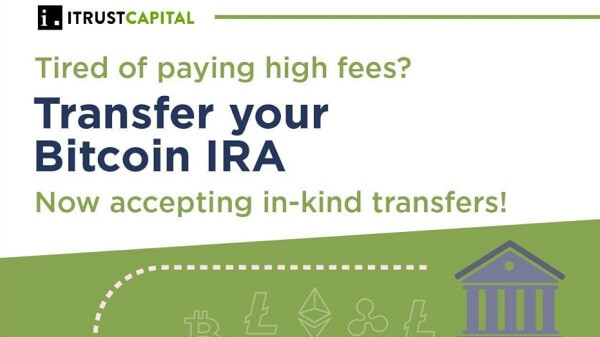
[ad_1]
Key gamers within the ecosystem have been sued by an investor who claims they profited from SOL on the expense of buyers.
Solana Labs, the entity behind the Solana blockchain, and different key gamers within the Solana ecosystem are being sued in a California federal court docket by an investor who claims they’ve been illegally making the most of SOL, the blockchain’s native token.
Solana Labs Accused Of Violating Securities Legislation, Being Extremely Centralized
A category-action swimsuit filed in California federal court docket accuses main events within the Solana ecosystem of violating securities regulation by launching unregistered safety. The swimsuit described SOL as a extremely centralized cryptocurrency that has benefited its insiders on the expense of buyers. The lawsuit says:
“The cornerstone of the worth of SOL securities is the sum of Solana Labs, Solana Basis, and Yakovenko’s administration and implementation of the Solana blockchain. They created the Solana blockchain community and all the SOL securities in circulation, and likewise decided who would obtain SOL securities and below what circumstances.”
Filed by Mark Younger, a resident of California, the swimsuit names Solana Labs, the Solana Basis, Solana co-founder Anatoly Yakovenko, crypto VC big Multicoin Capital, co-founder of Multicoin Capital Kyle Samani, and buying and selling desk FalconX as defendants. Younger claims he bought SOL in August and September 2021.
Within the grievance, Younger stated that the way in which SOL was created and offered meets the three rules of the Howey Check, a case utilized by the US Supreme Court docket to find out whether or not a transaction qualifies as an “funding contract” and thus can be thought of a safety and topic to disclosure and registration. The submitting stated:
“Purchasers who purchased SOL securities have invested cash or given invaluable companies to a typical enterprise, Solana. These purchasers have an affordable expectation of revenue based mostly upon the efforts of the promoters, Solana Labs and the Solana Basis, to construct a blockchain community that can rival and and grow to be the accepted framework for transactions on the blockchain.”
In an accompanying press release, regulation agency Roche Freedman stated Younger’s claims are introduced as a category motion on behalf of himself and different SOL buyers who bought the coin after Mar. 24, 2020. The agency has additionally lately filed suit towards Binance.US for allegedly deceptive buyers through the collapse of the ecosystem.
The Controversy Round Solana’s Decentralization
Younger claimed that the Solana community is “extremely centralized,” opposite to claims by Solana Labs that the community is decentralized. He alleges that insiders held 48% of the SOL provide as of Could 2021.
He additionally touched on Solana’s “devastating” outages within the grievance. As reported, Solana was shut down for the seventh time in Could. Earlier than this, the community suffered from a five-hours extended outage in December 202 and an eighteen-hour outage in September 2021. It additionally suffered from a DDOS attack in early January.
Often, the workforce needed to improve and restart the community to resolve the difficulty after an outage. This made the crypto neighborhood suspicious of the challenge’s decentralization, even earlier than the grievance.
It stays to be seen the best way to class-action swimsuit performs out. Nevertheless, it’s value noting that the securities violation claims are much like these many different crypto corporations have confronted lately, notably the one has been combating.
Ripple was sued by the SEC in December 2020 over allegations that the corporate, CEO Brad Garlinghouse, and government chairman Chris Larsen engaged in unlawful safety providing by gross sales of XRP. However, Ripple argues that XRP must be handled as a digital forex moderately than an funding contract.
[ad_2]
Source link





 Bitcoin
Bitcoin  Ethereum
Ethereum  Tether
Tether  XRP
XRP  Solana
Solana  USDC
USDC  Dogecoin
Dogecoin  TRON
TRON  Cardano
Cardano
Be the first to comment